What Is Calcium And Why Is It Important?

What is Calcium?
Calcium is a mineral that is stored in our bone and teeth (99%) as well as our blood, muscle, and tissue (1%).
Calcium is important for bone and tooth growth, for a healthy and strong beating heart, and to squeeze and contract the muscles in the body.
Calcium relies on acid from the stomach to help it become absorbed in the small intestines (where 90% of calcium is actually absorbed). Also, the longer calcium can travel through the small intestine (specifically the last leg of the small intestine, called the ileum), the greater likelihood that calcium will be absorbed.
Unfortunately, due to the rerouting nature of some bariatric surgeries together with the use of stomach antacids (ie: Prilosec), calcium is a common mineral that can become deficient after weight loss surgery.
When Can Calcium Deficiency Develop?
Risk factors for low calcium levels after surgery include:
- Preexisting deficiency
- Low levels of Vitamin D
- Alcoholism
- Biliopancreatic Diversion / Duodenal Switch surgery, aka “Switch”
- Roux en Y gastric bypass
- Peri / post-menopausal women
- Insufficient or inappropriate timing of supplementation
What are the Common Symptoms of Deficiency?
- Typically without symptoms
- May have bone pain
- May have weakness
- May have leg cramping
In Which Food Sources is Calcium Found?
You can find calcium in fortified foods and beverages, dairy products, and leafy green vegetables.
Check Your Supplement!
Calcium is best absorbed when it is enjoyed throughout the day (rather than all at once in one setting). Also, be sure you are getting enough Vitamin D each day to help with calcium absorption. Calcium and Vitamin D work together.

REMINDERS:
#1- Vitamin D is a fat-soluble vitamin, meaning- you need to make sure you are taking your supplement with a healthy source of fat or after a meal that contains fat (such as avocado, nuts, salmon etc.) for it to be absorbed.
#2 – It is important to have a DEXA (dual energy x-ray absorptiometry) bone mineral density scan the 1st year after surgery and then every 2 years thereafter. This study will help calculate your risk of osteoporosis.
We asked registered bariatric dietitians inside Banana (our membership support group) their thoughts on calcium supplementation:
If you love the idea of having Bariatric dietitians at your fingers, together with a close-knit family-style bariatric support family, then it’s time to for you to join us inside Banana Bariatrics!
Share with others:
JOIN OUR COMMUNITY:

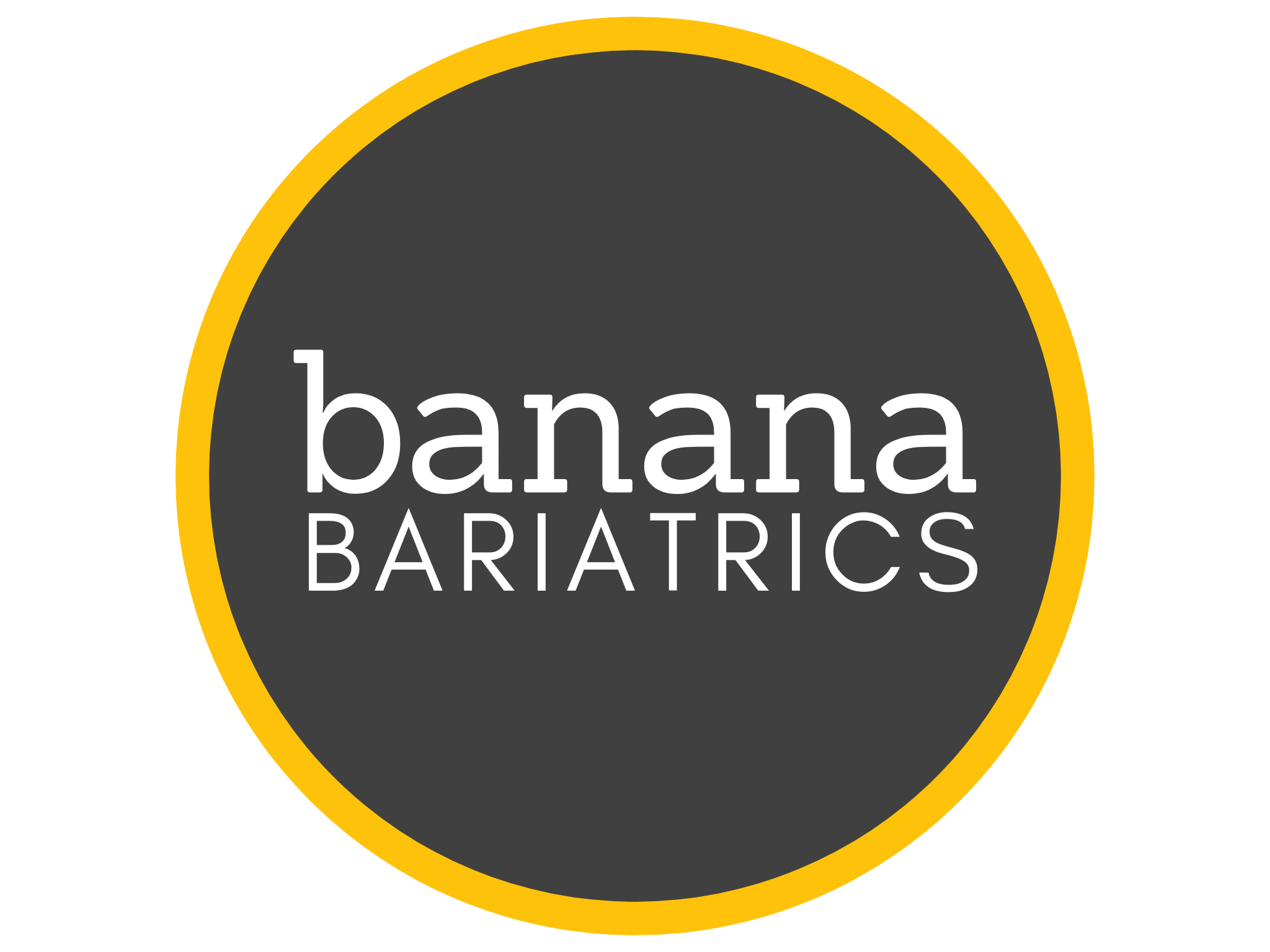
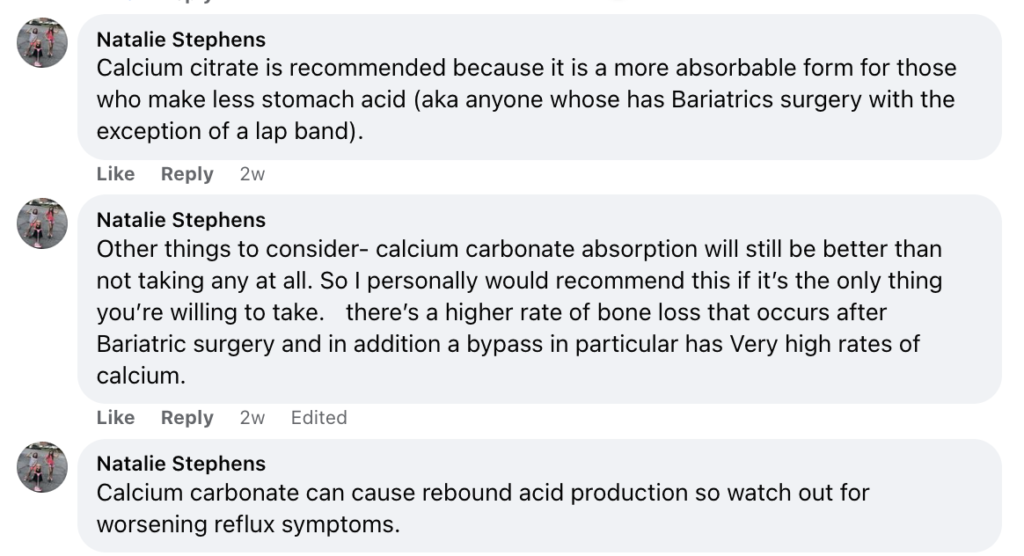
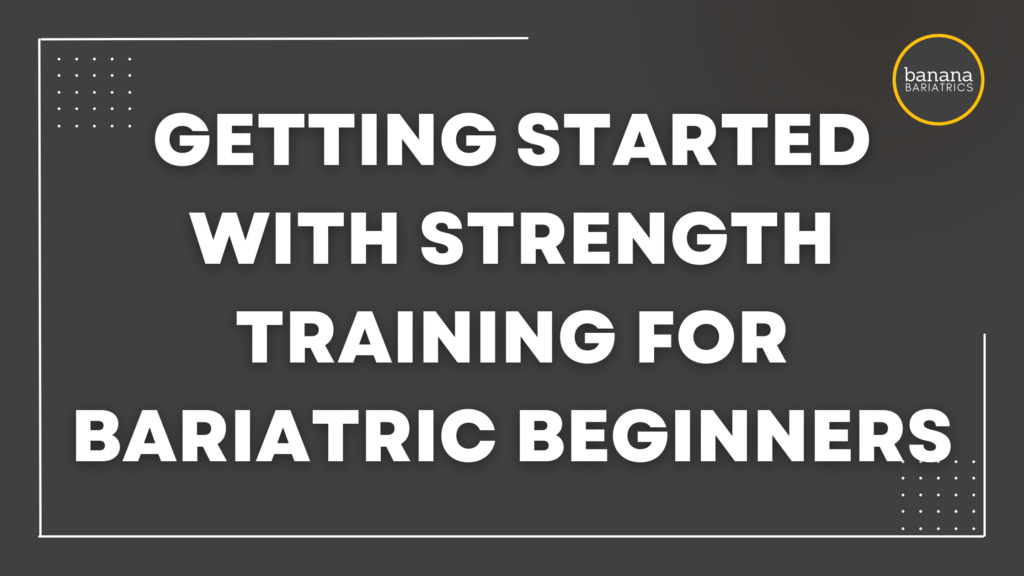
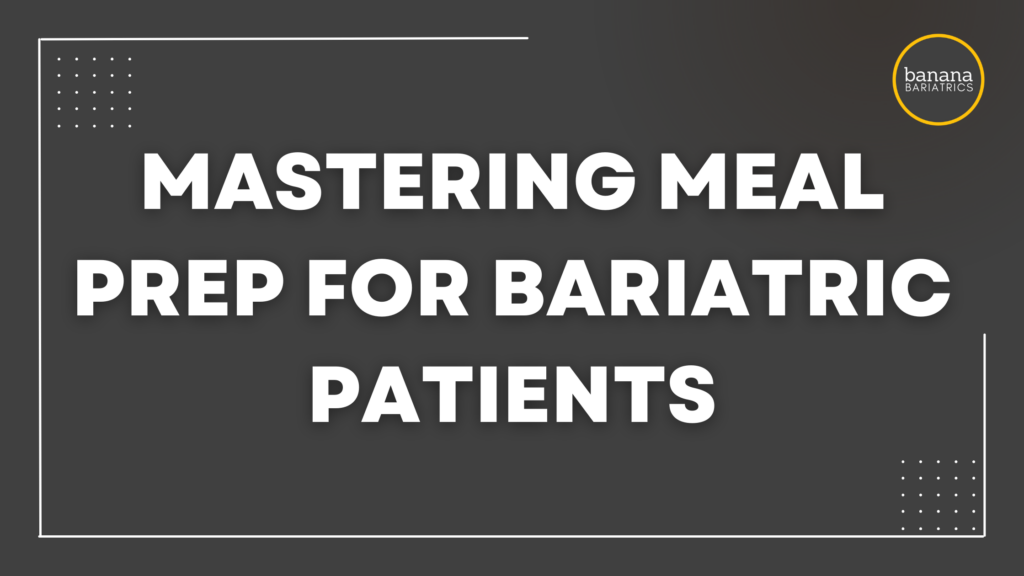
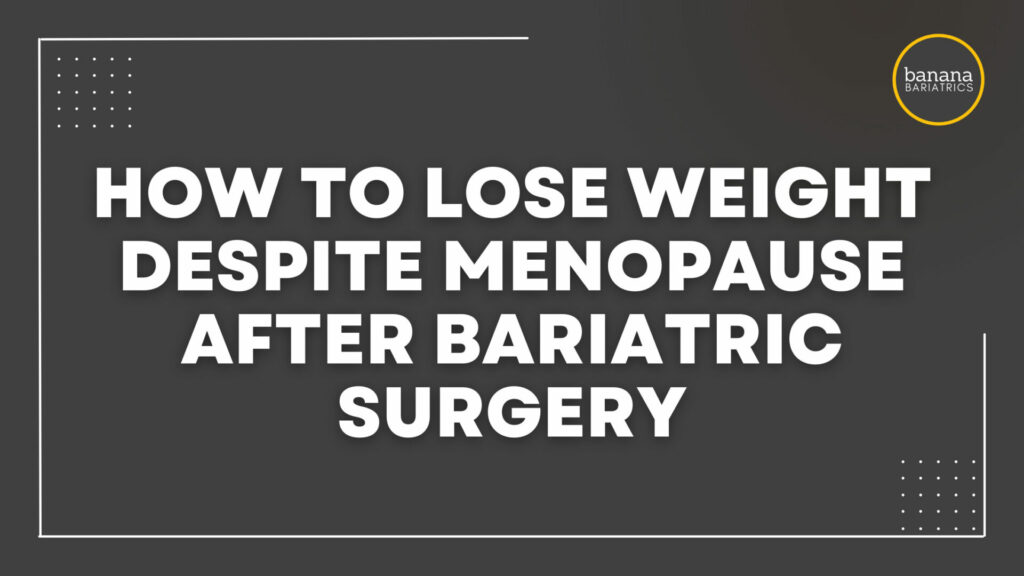
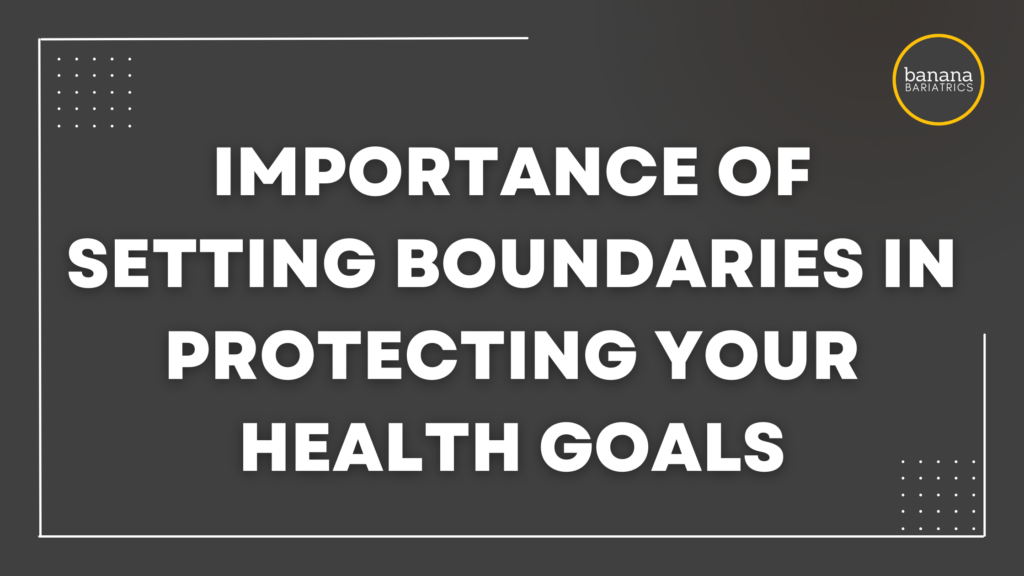
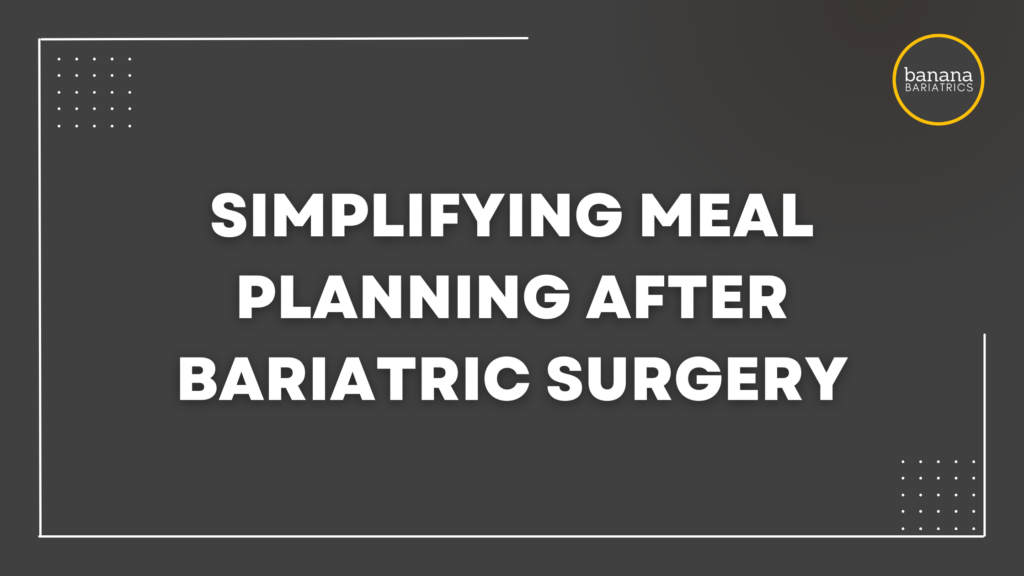
Responses